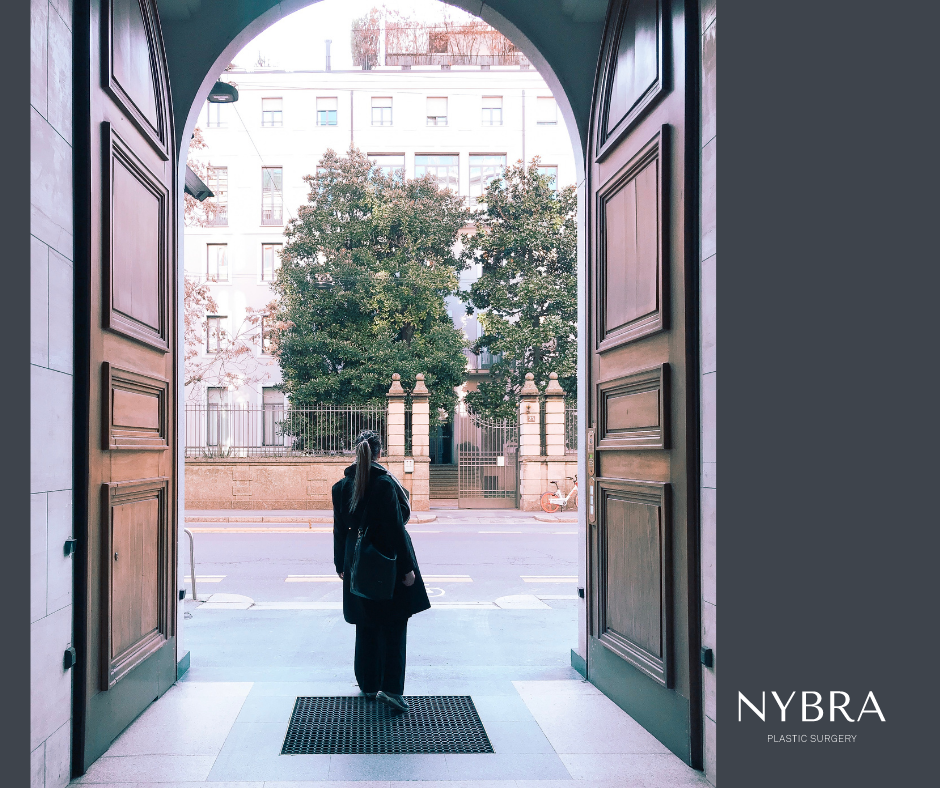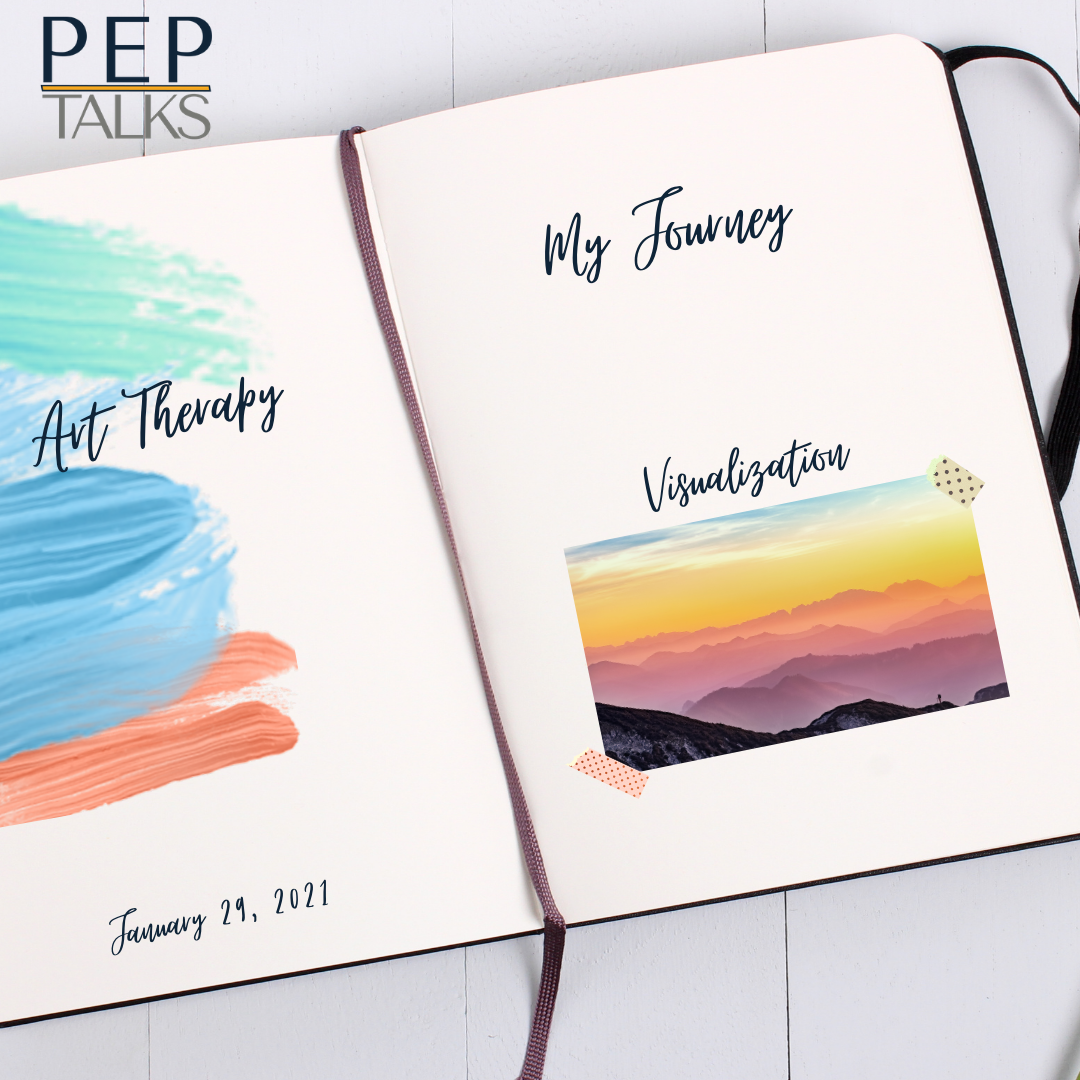Re-entering After Isolation: Why Do We Feel Anxious?
May 18, 2021
As excited, free, and hopeful as we may feel about restrictions being loosened, that optimistic excitement may be accompanied by some feelings of anxiety, hesitancy, trepidation or general uneasiness. This is a natural response. After all, we’ve been told to isolate and restrict contact for so long that it became the new normal. We tapped into our inner strength and acclimated! So, how do we re-enter?
Certainly, there are still safety precautions prescribed by the CDC to which we all need to subscribe. That said, the simple act of socializing, which may have been second nature in the past may feel somewhat awkward.
Virtual communication has provided a guard for over a year. One could easily end the connection for a variety of reasons. Face-to-face interaction with one or more people or in an open environment may evoke some social anxiety. The challenge now is to address post-isolation anxiety as we re-enter social and work situations and re-learn how we can be together.
Small goals can help.
It may be helpful to set small goals for yourself to test your level of comfort. Be willing to accept that others may feel differently than you. This need not influence your personal preferences. Some friends may be flying cross country to visit with their families or attending house parties with other vaccinated friends. This may not be where you are at the moment. Stay with what is comfortable and recognize that you will ease your way back in.
The pandemic may have changed your priorities, and that’s OK!
The whole pandemic may have influenced how you approach life and impacted your priorities. “Recovering doesn’t mean you go back to the way you were before,” Dr. Debora Kaysen, Stanford University clinical psychologist and professor said in a New York Times piece addressing this issue. She used kintsugi, the Japanese technique of repairing broken pottery with gold, as an analogy for coming out of hard times with awareness of the change, and stronger than before. “It’s that you create a new normal, one that’s functional and beautiful — and different.” NYBRA’s own Dr. Jonathan Bank addresses this concept in his stunning book, RECONSTRUCTED. You can learn more about that here.
This week, Dr. Sanjay Gupta also addressed pandemic-related emotional shifts in the second episode of his new podcast, “Chasing Life.” The episode, titled That’s What Friends Are For, focuses on how relationships impact the brain, heart and immune system and how the pandemic has made us re-evaluate our friendships and priorities.
Remember that connection is good for your health.
Remember, the need for social contact is essential to one’s physical and emotional well-being. It can impact the immune system and cardiovascular system. I wrote this post last week as more restrictions were being lifted and in anticipation of hugging my daughter for the first time in 485 days. Having a safe opportunity to physically connect with my daughter, resulted in my first uninterrupted sleep in 14 months!
Humans are wired to touch. Deprivation of touch, often referred to as touch starvation, can have some significant and long-term effects. Not only does touch impact us mentally and emotionally, but it also directly affects the immune system. Think about a time when you were upset and how an embrace calmed you or reduced physical discomfort. It is only natural to possibly experience some hesitation and awkwardness in reconnecting to physical touch having been deprived of it during this long period of isolation. Allow yourself time to ease back in to the comfort of touch.
Be kind and patient with yourself.
As many of you have heard me say, be as kind and accepting of yourself as you are of others. Self-care is critical to your well-being. Have faith that you will eventually feel a sense of wholeness. It might be different and possibly better! Some anxiety over socializing is to be anticipated. The joy in reconnecting will diffuse the intensity of awkwardness. So, dust off those social skills – hone your conversation skills, try to make eye contact, and think critically about who you want to spend time with. This pandemic has taught many the true value of friendships and family.
I’m looking forward to the day when we can see each other’s faces again and hug.
Harness the Power of Art Therapy and Visualization to Channel Feelings
As our patients move through their restoration, they frequently tell me, “I thought I was doing so well, and then last week I fell apart.”…
